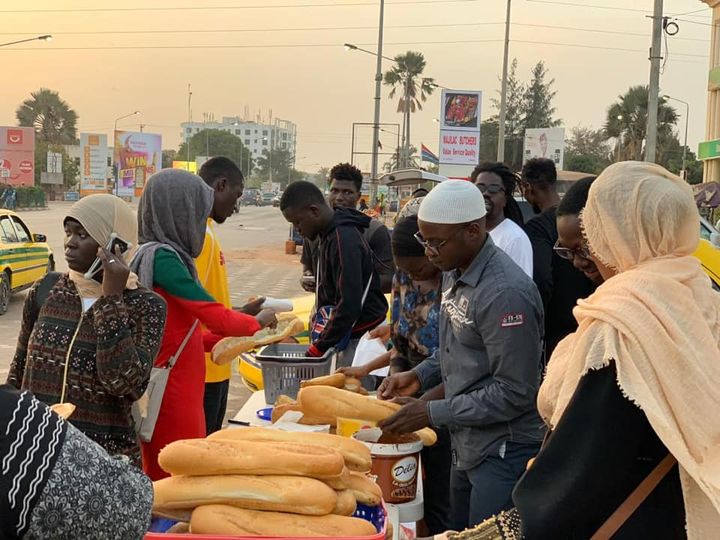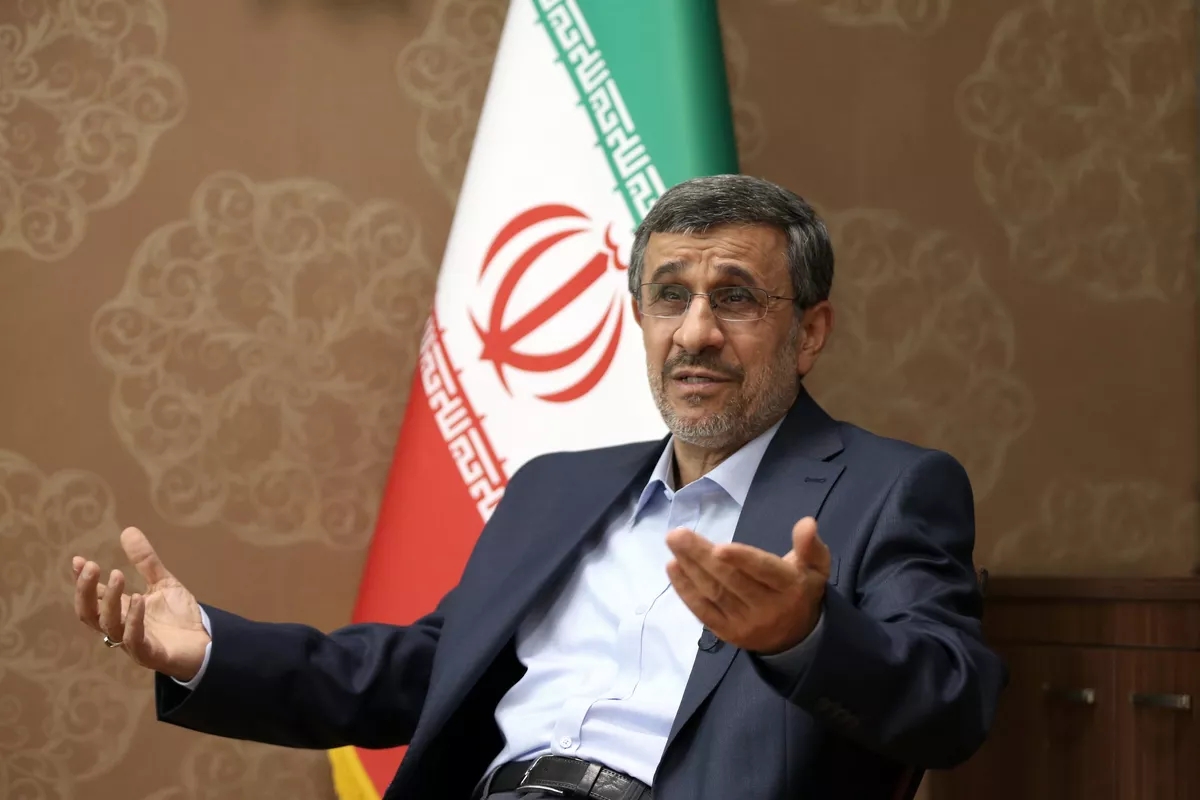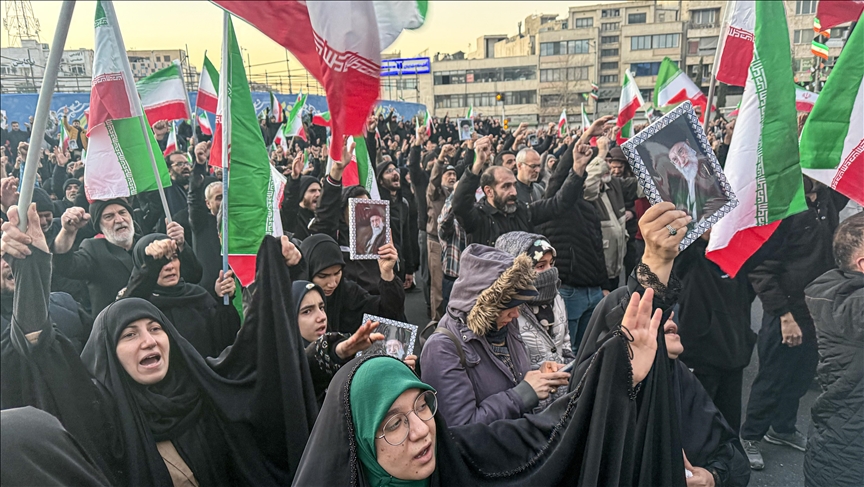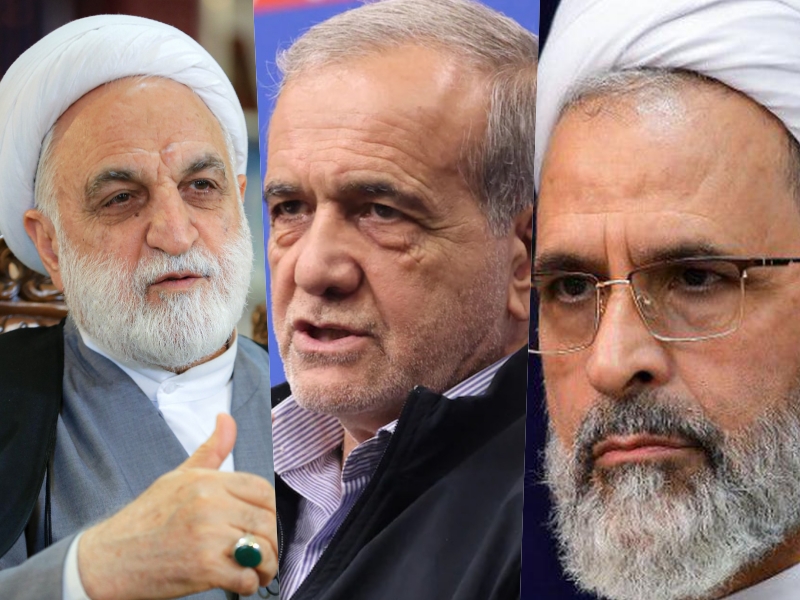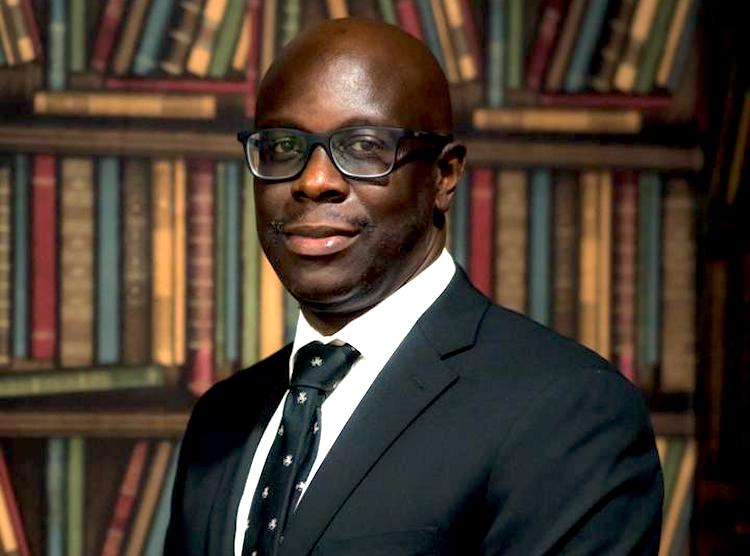Gambiaj.com – (BANJUL) – Gambian lawyer and former bar association president, Salieu Taal, has indicated that individuals accused of human rights violations during the Jammeh era may face long-term sentences instead of the death penalty if tried before an international tribunal.
Taal, who is a member of the joint Gambia-Ecowas Committee on the establishment of an internationalized court, made these comments in an interview with The Standard on the sidelines of a public lecture on transitional justice organized by the Women’s Association for Victims Empowerment, WAVE.
His statement comes after the National Assembly passed two bills, paving the way for the prosecution of former President Jammeh and his associates through local and international courts.
Taal explained that international courts tend to impose more lenient sentences compared to domestic courts. He cited examples such as the International Criminal Tribunal for the former Yugoslavia and the International Criminal Tribunal for Rwanda, where the death penalty was not applied.
He emphasized that international courts consider various objectives beyond punishment, including reconciliation and the restoration of justice. He also highlighted that the death penalty, which is still legal in The Gambia, has been recommended for abolition.
Regarding the crimes that could be prosecuted before the proposed international tribunal, Taal stated that it would be up to the Special Prosecutor to determine. However, he mentioned that typical offenses such as crimes against humanity, torture, enforced disappearances, and sexual and gender-based violence are likely to be included.
Taal described the Gambian model as innovative, suggesting that while the majority of cases may be tried in domestic courts, the international tribunal would focus on high-level crimes involving leaders who gave instructions to subordinates.
The establishment of an internationalized court in The Gambia is seen as a significant step towards achieving justice for victims of human rights violations during the Jammeh era.
Source: Standard Newspaper



